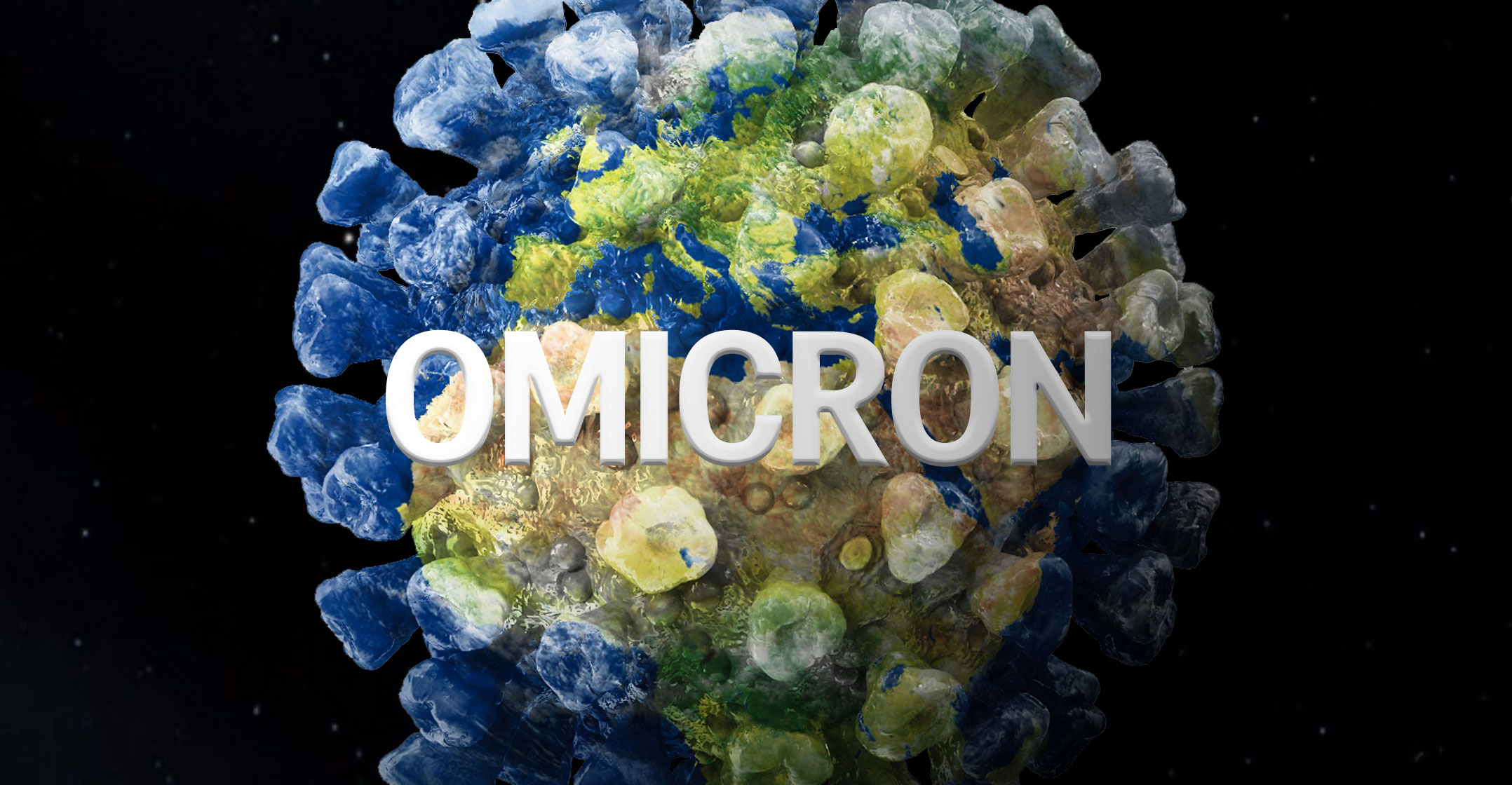 An unsung arm of the immune system appears to protect against severe disease with the Omicron variant even when antibodies wane, helping to explain why a record wave of infections hasn’t engulfed hospitals so far.
An unsung arm of the immune system appears to protect against severe disease with the Omicron variant even when antibodies wane, helping to explain why a record wave of infections hasn’t engulfed hospitals so far.
T cells, the body’s weapon against virus-infected cells, were primed enough by vaccination that they defended against Omicron in separate studies from Erasmus University in the Netherlands and the University of Cape Town.
The findings could help explain why the wave of Omicron cases hasn’t so far caused a surge in mortality from South Africa to the US and the UK. Unlike antibodies, T cells can target the whole of the virus’s spike protein, which remains largely similar even in the highly mutated Omicron.
The Dutch researchers looked at 60 vaccinated health-care workers and found that while their antibody responses to Omicron were lower or nonexistent compared to the Beta and Delta variants, T cell responses were largely unaltered, “potentially balancing the lack of neutralising antibodies in preventing or limiting severe Covid-19”.
The study from the University of Cape Town’s Institute of Infectious Disease and Molecular Medicine looked at patients who had recovered from Covid or been vaccinated with shots from Pfizer and partner BioNTech or Johnson & Johnson. They found that 70-80% of the T cell responses they assessed held up against Omicron.
Recent weeks have brought evidence that the new strain can erode vaccine protection, prompting governments to push for booster shots to raise the level of antibodies that can fight off the variant.
But immune protection has several layers. While antibodies block infection, T cells kill infected cells, preventing the virus from spreading and causing worse disease, Wendy Burgens, one of the University of Cape Town study authors, wrote on her Twitter account Virus Monologues. “They can’t prevent you from getting infected, but they can minimise the damage that comes afterwards,” she said.
T cells are white blood cells that can remember past diseases, kill virus-infected cells and rouse antibodies to marshal defences. People infected with another coronavirus that was responsible for the Sars outbreak in 2003, for example, were found to still have a T-cell response to the disease 17 years later. — Marthe Fourcade and Michelle Fay Cortez, (c) 2021 Bloomberg LP

